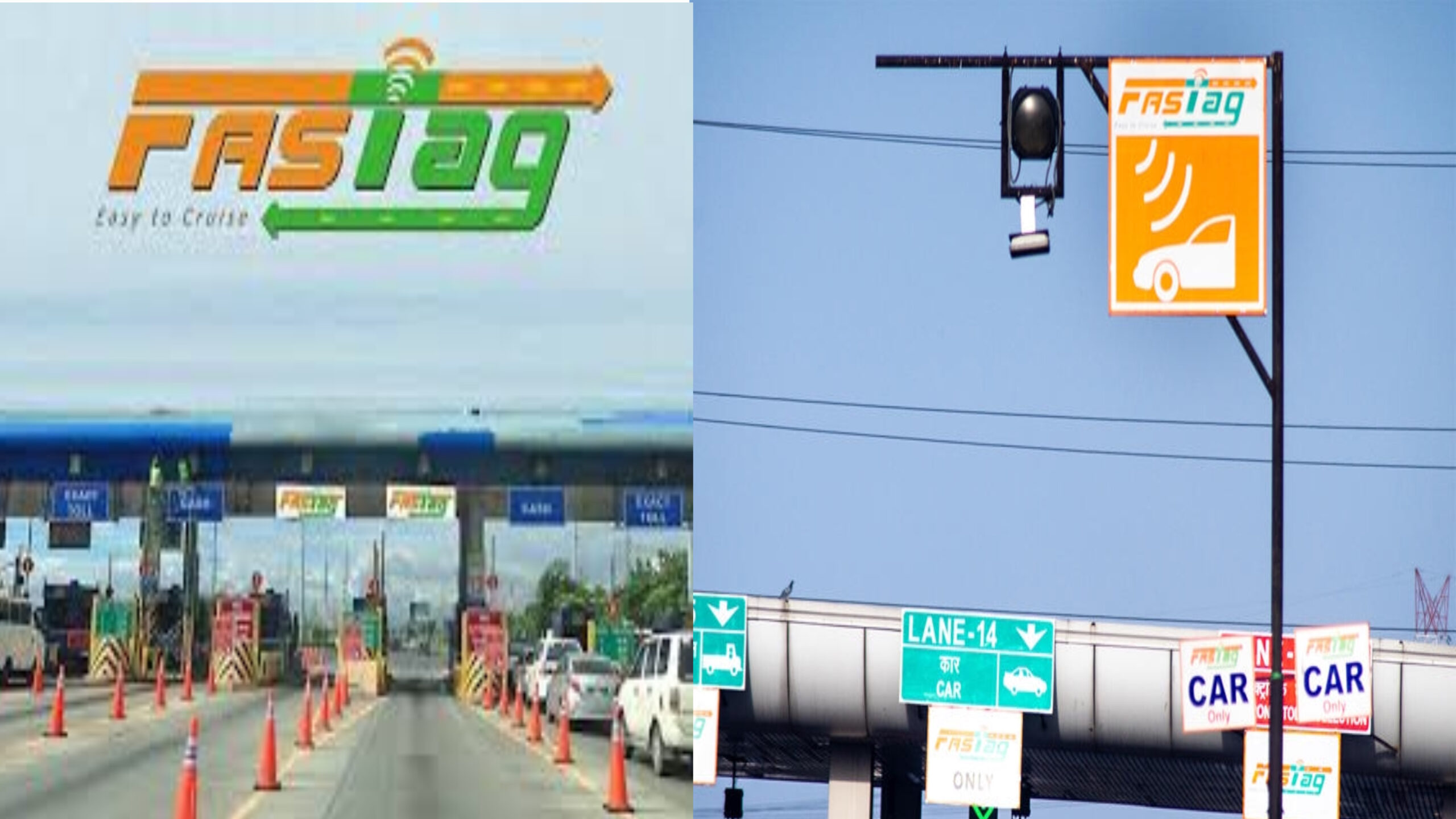The National Highways Authority of India (NHAI) has initiated the ‘One Vehicle, One FASTag’ campaign to discourage the practice of using a single FASTag for multiple vehicles or linking multiple FASTags to one vehicle. This move aims to improve the efficiency of the Electronic Toll Collection system, ensuring seamless movement at Toll Plazas, as announced by the Ministry of Road Transport & Highways.
The NHAI is urging FASTag users to complete the ‘Know Your Customer’ (KYC) process for their latest FASTags by updating the information in accordance with RBI guidelines. FASTags with a valid balance but incomplete KYC will face deactivation or blacklisting by banks after January 31, 2024.
“Only the latest FASTag account shall remain active as previous tags will be deactivated or blacklisted after 31st January 2024,” stated the ministry. Users are instructed to ensure that the KYC process for their latest FASTag is completed. Additionally, they must adhere to the ‘One Vehicle, One FASTag’ principle and discard any previously issued FASTags through their respective banks.
The NHAI has taken this step in response to recent reports of multiple FASTags being issued for a specific vehicle and instances of FASTags being distributed without complying with KYC, which violates RBI’s mandate.
In addition to addressing misuse, the initiative also tackles the issue of improperly affixed FASTags on vehicle windshields. Such instances lead to unnecessary delays at toll plazas, causing inconvenience to fellow National Highway users.
Notably, with a penetration rate of around 98 percent and over 8 crore users, FASTag has revolutionized the Electronic Toll Collection system in the country.
In a separate development, the NHAI is gearing up for the implementation of GPS-based toll collection on various routes across India. This move aims to alleviate toll booth congestion. The pilot for this GPS-based tolling system will be tested on select highway stretches before its nationwide deployment, as announced by Anurag Jain, secretary of the Roads Ministry.
GPS tolling is poised to replace the current FASTag system, which utilizes Radio Frequency Identification (RFID) technology for toll payments directly from the prepaid or savings account linked to it or the toll owner. The NHAI emphasizes that the GPS tolling system is still in the development phase, and its large-scale implementation will depend on the response received during the pilot phase.
The ‘One Vehicle, One FASTag’ initiative aligns with the broader goal of promoting a more organized and accountable toll collection system. By addressing issues like multiple FASTags for one vehicle and incomplete KYC, NHAI aims to enhance the effectiveness of the Electronic Toll Collection mechanism, ensuring a smoother experience for commuters on National Highways.
As users navigate these changes, it is crucial for them to stay informed and comply with the guidelines provided by NHAI and the Ministry of Road Transport & Highways. Completing the KYC process for the latest FASTag and adopting the ‘One Vehicle, One FASTag’ principle are essential steps to avoid deactivation or blacklisting of FASTags by banks after the specified deadline of January 31, 2024.
Looking ahead, the potential implementation of GPS-based tolling reflects the commitment of NHAI to exploring innovative solutions for further improving the toll collection system and reducing congestion at toll booths. As the pilot phase progresses, feedback from users and stakeholders will play a pivotal role in shaping the future of toll collection on Indian highways.

